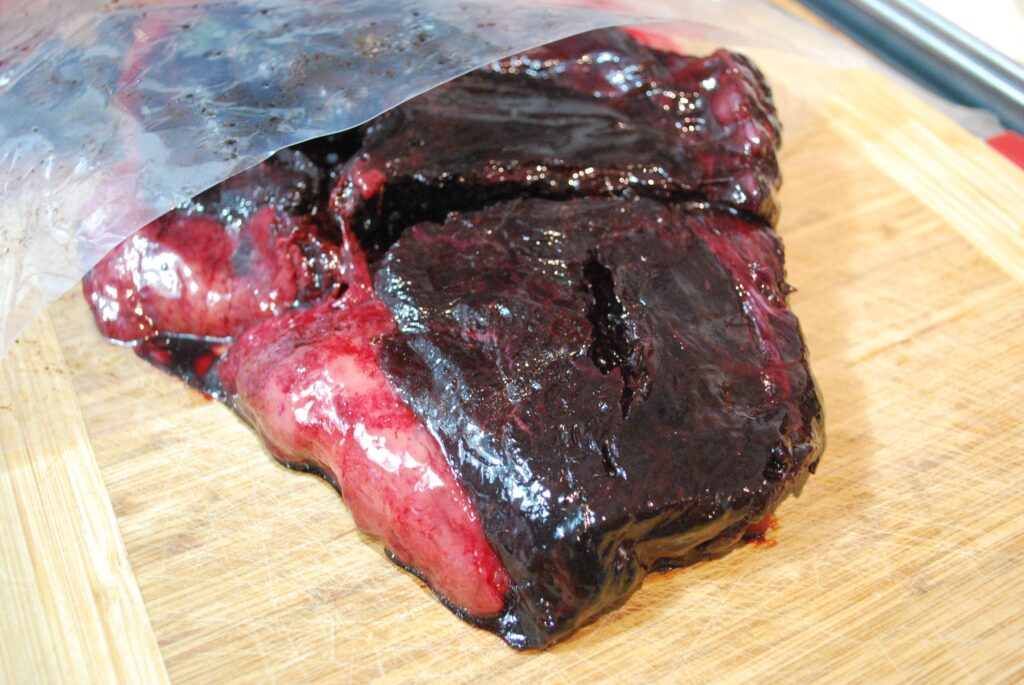Seal meat is a lean protein-rich food that has many nutritional benefits. It is a good source of long-chain omega-3 polyunsaturated fatty acids (PUFAs) and contains other nutrients such as zinc, iron, magnesium, and folate.
However, this highly nutrient-dense food is underutilized in the market and has been considered as a potential threat to marine ecosystems.
Overview of Seal Meat as a Food Source
Seal meat is a lean source of protein with a well-balanced amino acid composition. It also contains omega-3 fatty acids, iron, zinc, selenium and other vitamins.
It is a sustainable and nutritious food that can be used in a variety of dishes. Seals can be eaten raw, pickled or heat-cooked.
Culinary Uses and Traditional Dishes
Seal meat is an important component of traditional Canadian native cuisine. It is often eaten raw, like igunaq (seal moose sausage) and nikku (raw frozen seal meat), and can also be cooked.
In addition to its culinary uses, Seal Meat is a source of protein, minerals and vitamins. It is low in fat and has a well-balanced amino acid composition. It is a good source of vitamin B12 and iron.
It can be used in a variety of dishes, such as stews, kebabs and soups. It also works well as a marinade or dip.
Availability and Market Trends
Seals are a highly polarizing animal

